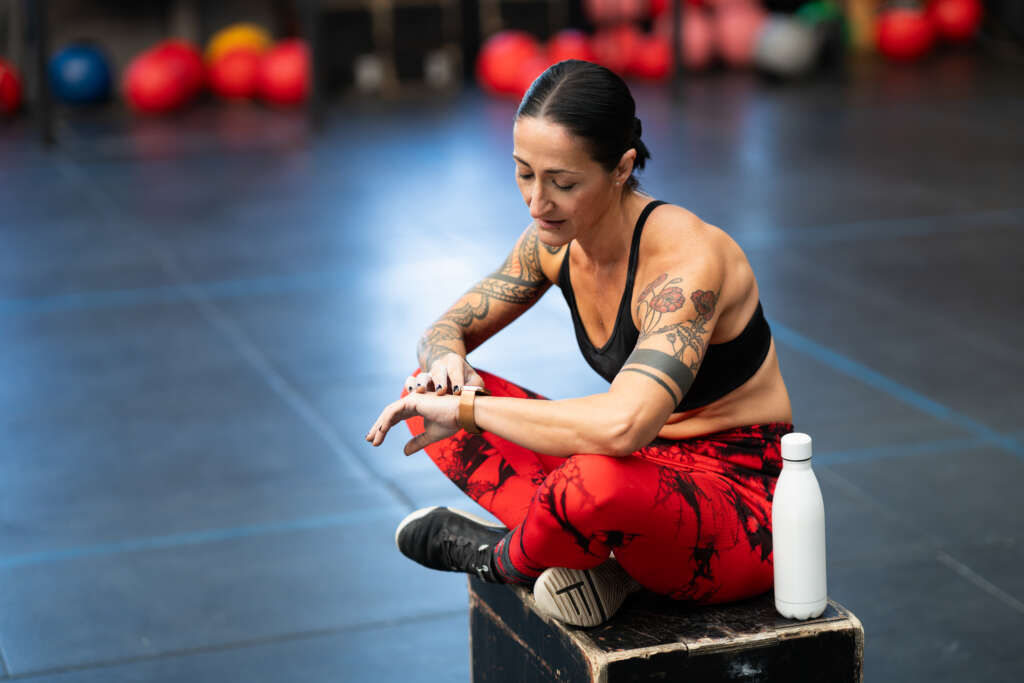Discovering True Happiness: Living a Drug-Free Life
Finding Happiness Beyond Drugs
In a world filled with challenges and temptations, finding happiness without drugs can be a transformative journey. Many times, our drug of choice can mess with our “happiness receptors” in our brain, leaving us feeling helpless or depressed without drugs. Our mission is to guide you through this path, offering insights and strategies that go beyond temporary pleasures and temporary discomfort. Let’s embark on this empowering journey together!
The Myth of Instant Gratification: Unveiling Lasting Happiness
1. Understanding the Roots of Unhappiness
Many individuals turn to drugs seeking instant gratification, but this often leads to a cycle of dependency and unhappiness. It’s crucial to address the underlying issues causing distress and dissatisfaction. Withdrawal also plays a huge role in the choice to keep using drugs. Many people are unaware that when they start using certain drugs, they may not be able to simply put them down without a struggle. You can win this struggle! But you may need help from us, or another outside source. Do not be discouraged or embarrassed to seek outside help. You are strong for making the decision to begin this fight for your freedom and long lasting happiness.
2. Embracing Self-Discovery and Growth
True happiness comes from within, through self-discovery and personal growth. Engage in activities that nourish your mind, body, and soul. Explore hobbies, practice mindfulness, and cultivate meaningful relationships.
When seeking new hobbies during the journey of getting sober, several approaches can be beneficial:
- Explore Various Activities: Experiment with different hobbies such as painting, gardening, cooking, or playing a musical instrument. Trying out various activities can help discover what brings joy and fulfillment.
- Join Community Groups: Engage in community groups or clubs that align with interests. This can include book clubs, hiking groups, art workshops, or volunteering organizations. Connecting with like-minded individuals fosters a sense of belonging and encourages positive hobbies.
- Attend Workshops and Classes: Enroll in workshops or classes related to hobbies of interest. This could involve cooking classes, photography workshops, fitness classes, or dance lessons. Learning new skills can be fulfilling and enjoyable.
- Consider Outdoor Activities: Explore outdoor hobbies like hiking, cycling, fishing, or birdwatching. Spending time in nature can be therapeutic and promote physical well-being.
- Embrace Creative Outlets: Engage in creative outlets such as writing, drawing, sculpting, or crafting. Expressing oneself creatively can be a cathartic and fulfilling experience during recovery.
Building Resilience: Coping Mechanisms for Life’s Challenges

1. Developing Healthy Coping Strategies
Life is full of ups and downs. Instead of turning to drugs for escape, develop healthy coping mechanisms. This includes exercise, meditation, journaling, and seeking support from trusted individuals or professionals.
- Exercise: Incorporate activities like running, cycling, yoga, or swimming.
- Meditation: Practice mindfulness meditation, guided meditations for relaxation, or mindfulness-based stress reduction techniques.
- Journaling: Utilize prompts such as listing triggers, expressing emotions, setting goals, reflecting on progress, or exploring gratitude.
- Seeking Support: Engage with trusted individuals like family, friends, sponsors, or counselors. Attend support groups such as Alcoholics Anonymous (AA) or seek professional therapy.
2. Cultivating a Positive Mindset
Optimism is a powerful tool in overcoming challenges. Train your mind to focus on positivity, gratitude, and resilience. Celebrate small victories and learn from setbacks, embracing life’s journey with a growth mindset.
Nurturing Relationships: The Power of Connection
1. Prioritizing Meaningful Connections
Human connection is fundamental to happiness. Invest time in nurturing meaningful relationships with family, friends, and community. Share experiences, express emotions, and seek support during tough times.
2. Seeking Professional Guidance
If struggling with mental health challenges or addiction, seek professional guidance without hesitation. Therapy, counseling, and support groups can provide valuable tools and insights on the journey to recovery and happiness.
Embracing Purpose: Fulfillment Beyond Substance Use
1. Discovering Your Passions and Purpose
Find meaning and fulfillment in life by discovering your passions and purpose. Engage in activities that align with your values and bring a sense of purpose and accomplishment.
2. Contributing to Others and Society
Giving back to others and contributing to society can be incredibly rewarding. Volunteer, support causes you believe in, and make a positive impact in the lives of others, fostering a sense of community and belonging.
Conclusion: A Roadmap to Lasting Happiness
In conclusion, true happiness is not found in temporary fixes like drugs but in self-discovery, resilience, meaningful relationships, purpose, and contribution to others. Embrace this roadmap to lasting happiness, and let’s create a brighter, drug-free future together!
- alinalodge.org – Substance Abuse Statistics for New Jersey
- lakeviewhealth.com – New Jersey Substance Abuse Statistics
- nj.gov – NJSHAD – Substance Use
- valleyspringrecovery.com – New Jersey Drug Abuse Statistics (2024)
- justice.gov – Overview – New Jersey Drug Threat Assessment
- thehopeinstitutenj.com – NJ Substance Abuse Statistics (2023) – The Hope Institute

